Arorab-20 Tablet 15's


MRP ₹193.5
(Inclusive of all Taxes)
₹29.0 Cashback (15%)
Provide Delivery Location
Online payment accepted
 Prescription drug
Prescription drugWhats That
Composition :
Manufacturer/Marketer :
Consume Type :
Return Policy :
Expires on or after :
About Arorab-20 Tablet
Arorab-20 Tablet belongs to a group of antiulcer medicines called proton pump inhibitors used to treat duodenal ulcers, gastro-oesophageal reflux disease (reflux of gastric contents into the oesophagus), heartburn, erosive oesophagitis (acid-related damage to the lining of the oesophagus), infections caused by Helicobacter pylori when given along with an antibiotic, and Zollinger-Ellison syndrome.
Arorab-20 Tablet contains 'Rabeprazole' that works by blocking the action of the enzyme known as gastric proton pump which is responsible for the production of acid. This helps in reducing the amount of acid produced, heals the ulcers and prevents the formation of new ulcers.
You are advised to take Arorab-20 Tablet for as long as your doctor has prescribed it for you depending on your medical condition. In some cases, you may experience certain common side-effects such as headache, dizziness, diarrhoea, constipation, nausea, vomiting, flatulence (wind), weakness, and runny nose. Most of these side-effects do not require medical attention and will resolve gradually over time. However, you are advised to talk to your doctor if you experience these side-effects persistently.
Inform your doctor if you have a stomach tumour or liver disease. On long-term treatment, Arorab-20 Tablet may cause low magnesium levels, vitamin B12 levels and increase the risk of bone fractures. Consult your doctor if you are pregnant or breastfeeding. Arorab-20 Tablet may cause dizziness and sleepiness, so drive only if you are alert. Arorab-20 Tablet is not recommended for children as safety has not been established. Avoid consuming alcohol along with Arorab-20 Tablet as it could lead to increased drowsiness and can elevate the production of stomach acid.
Uses of Arorab-20 Tablet
Directions for Use
Medicinal Benefits
Arorab-20 Tablet belongs to a group of antiulcer medicines called proton pump inhibitors. Arorab-20 Tablet is used to treat duodenal ulcers, gastro-oesophageal reflux disease (reflux of gastric contents into the oesophagus), heartburn, erosive oesophagitis (acid-related damage to the lining of the oesophagus), infections caused by Helicobacter pylori when given along with an antibiotic, and Zollinger-Ellison syndrome. Arorab-20 Tablet works by blocking the action of the enzyme known as gastric proton pump that is responsible for the production of acid. This helps in reducing the amount of acid produced, heals the ulcers and prevents the formation of new ulcers.
Storage
Drug Warnings
Do not take Arorab-20 Tablet if you are allergic to any of its contents. Inform your doctor if you have a stomach tumour, liver disease, or if you are due to have Chromogranin A blood test. On long-term treatment, Arorab-20 Tablet may cause low magnesium levels, vitamin B12 levels, and increase the risk of bone fractures; the doctor may advise regular tests for monitoring your condition. Consult your doctor before starting Arorab-20 Tablet if you are pregnant or breastfeeding. Arorab-20 Tablet may cause dizziness and sleepiness, so drive only if you are alert. Arorab-20 Tablet is not recommended for children as safety has not been established. Avoid consuming alcohol along with Arorab-20 Tablet as it could lead to increased drowsiness and can elevate the production of stomach acid. Prolonged intake of Arorab-20 Tablet is linked with a greater risk of Clostridium difficile-associated diarrhoea, so if you develop diarrhoea that does not improve, immediately consult a doctor. Keep your doctor informed about your health condition and medicines to rule out any side-effects.
Drug-Drug Interactions
Drug-Drug Interactions
Login/Sign Up
When used in combination with erlotinib, Arorab-20 Tablet may prevent the absorption of erlotinib into the circulation, which might make erlotinib less effective in treating cancer.
How to manage the interaction:
Taking Arorab-20 Tablet with Erlotinib is not recommended as it can result in an interaction, it should be taken only if a doctor has advised it. Do not stop using any medications without consulting a doctor.
Co-administration of Arorab-20 Tablet can make Rilpivirine less effective by reducing its absorption in the body.
How to manage the interaction:
Taking Arorab-20 Tablet with Rilpivirine is not recommended, but can be taken if prescribed by the doctor. Do not discontinue the medications without consulting a doctor.
Taking Clopidogrel with Arorab-20 Tablet can reduce the effectiveness of Clopidogrel.
How to manage the interaction:
Taking Clopidogrel and Arorab-20 Tablet together possibly has an interaction, but you can take these medications together if a doctor has advised it. Do not stop using any medications without talking to a doctor.
Taking Arorab-20 Tablet together with Dasatinib results in decreased levels of Dasatinib and its effectiveness.
How to manage the interaction:
Although taking Arorab-20 Tablet and Dasatinib together can result in an interaction, it can be taken if a doctor has prescribed it. Do not discontinue any medications without a doctor's advice.
When Arorab-20 Tablet and Idelalisib are taken in combination, Idelalisib may increase the level or impact of Arorab-20 Tablet.
How to manage the interaction:
Although taking Arorab-20 Tablet and Idelalisib together can result in an interaction, it can be taken if a doctor has prescribed it. Do not discontinue any medications without a doctor's advice.
Taking Arorab-20 Tablet together with Gefitinib results in decreased levels of gefitinib in your blood. This can result in a decreased effectiveness of gefitinib in treating the disease.
How to manage the interaction:
Although taking Arorab-20 Tablet and Gefitinib together can possibly result in an interaction, it can be taken if your doctor has prescribed it. To lessen the effects of the interaction, it is advised that you take gefitinib 12 hours before or 12 hours after Arorab-20 Tablet. Do not discontinue any medications without a doctor's advice.
When Phenytoin and Arorab-20 Tablet are taken in combination, Phenytoin will reduce the concentration or impact of Arorab-20 Tablet.
How to manage the interaction:
Although taking Phenytoin and Arorab-20 Tablet together can result in an interaction, it can be taken if a doctor has prescribed it. Do not discontinue any medications without a doctor's advice.
Co-administration of Atazanavir's blood levels and absorption can both be affected by Arorab-20 Tablet, which decreases the atazanavir's ability to treat HIV.
How to manage the interaction:
Although taking Arorab-20 Tablet and atazanavir together can result in an interaction, it can be taken if a doctor has prescribed it. Do not discontinue any medications without a doctor's advice.
Co-administration of Methotrexate with Arorab-20 Tablet can increase the blood levels and side effects of Methotrexate.
How to manage the interaction:
Although there is a possible interaction between Arorab-20 Tablet and Methotrexate, you can take these medicines together if prescribed by a doctor. Do not stop using any medications without consulting a doctor.
Taking Arorab-20 Tablet together with Pazopanib can result in a decreased effectiveness of Pazopanib in treating the disease.
How to manage the interaction:
Although taking Arorab-20 Tablet and Pazopanib together can result in an interaction, but can be taken together if prescribed by a doctor. However, if you experience any unusual symptoms contact your doctor immediately. Do not stop using any medications without talking to a doctor.
Drug-Food Interactions
Drug-Food Interactions
Login/Sign Up
Diet & Lifestyle Advise
- Eat smaller meals more often.
- Avoid smoking and alcohol consumption. Alcohol intake leads to increased production of stomach acid, thereby increasing acidity and heartburn.
- Maintain a healthy weight by regular exercising.
- Avoid lying down after eating to prevent acid reflux.
- Avoid tight-fitting clothes as it might increase the pressure on the abdomen leading to acid reflux.
- Practise relaxation techniques and avoid stress by doing yoga or meditation.
- Avoid foods such as high-fat food, spicy food, chocolates, citrus fruits, pineapple, tomato, onion, garlic, tea and soda.
- Avoid sitting continuously as it may trigger acidity. Take a break of 5 minutes every hour by doing brisk walking or stretching.
Side Effects of Arorab-20 Tablet
- Headache
- Dizziness
- Diarrhoea
- Constipation
- Nausea
- Vomiting
- Flatulence (wind)
- Weakness
Habit Forming
Therapeutic Class
Product Substitutes
Author Details
We provide you with authentic, trustworthy and relevant information
Drug-Diseases Interactions
Drug-Diseases Interactions
Login/Sign Up
FAQs
Arorab-20 Tablet works by blocking the action of the enzyme known as gastric proton pump that is responsible for the production of acid. This helps in reducing the amount of acid produced, heals the ulcers and prevents the formation of new ulcers.
Talk to your doctor if you do not feel better even after taking Arorab-20 Tablet for 14 days. Do not take Arorab-20 Tablet for longer durations unless prescribed by the doctor. If Arorab-20 Tablet is prescribed for longer durations, a regular check-up is advised.
Do not discontinue Arorab-20 Tablet without consulting your doctor. To treat your condition effectually, continue taking Arorab-20 Tablet for as long as prescribed. Do not be reluctant to speak with your doctor if you experience any difficulty while taking Arorab-20 Tablet .
Diarrhoea might be a side-effect of Arorab-20 Tablet . Drink lots of fluids and eat non-spicy food if you experience diarrhoea. If you find blood in stools (tarry stools) or if you experience severe diarrhoea, consult your doctor. Prolonged intake of Arorab-20 Tablet is linked with a greater risk of Clostridium difficile-associated diarrhoea, so if you develop diarrhoea that does not improve, immediately consult a doctor.
Dry mouth could be a side-effect of Arorab-20 Tablet . Limiting caffeine intake, avoiding smoking and mouthwashes containing alcohol, drinking water regularly, and chewing sugar-free gum/candy might help in stimulating saliva and thereby prevents drying of the mouth.
On long term treatment, Arorab-20 Tablet might increase the risk of fractures of the hip, spine, and wrist. Inform your doctor if you have osteoporosis or if you are taking corticosteroids.
Drug-Drug Interactions Checker List
- ASPIRIN
- NAPROXEN
- DULOXETINE
- CLOPIDOGREL
- LEVOTHYROXINE SODIUM
- ATAZANAVIR
- KETOCONAZOLE
- ITRACONAZOLE
- METHOTREXATE
- CYANOCOBALAMIN
- AMITRIPTYLINE
- DIAZEPAM
- ZOLPIDEM
Special Advise
- Inform your doctor before taking Arorab-20 Tablet if you are due to have Chromogranin A blood test.
- Arorab-20 Tablet may cause abnormal blood and liver enzyme values. Inform the person doing the tests that you are taking Arorab-20 Tablet .
Disease/Condition Glossary
Acidity: The stomach is usually protected from the acid by a mucous layer. In some cases, due to excess acid production, the mucous layer gets eroded, which leads to complications like acidity, GERD, heartburn, peptic ulcer, and Zollinger Ellison syndrome.
Gastroesophageal reflux disease (GERD): It is a condition that occurs when stomach acid frequently flows back into the food pipe (oesophagus). This backflow (acid reflux) irritates the food pipe and causes heartburn.
Duodenal ulcer: It is a painful condition followed by the development of sores or ulcers in the duodenum or stomach lining (first part of the small intestine, i.e., the duodenum).
Zollinger Ellison syndrome: It is a rare condition in which a gastrin-secreting tumour of the pancreas causes excessive acid production leading to peptic ulcers.

Have a query?
Buy best Gastro Enterology products by
Abbott India Ltd
Sun Pharmaceutical Industries Ltd
Alkem Laboratories Ltd
Cipla Ltd
Torrent Pharmaceuticals Ltd
Intas Pharmaceuticals Ltd
Mankind Pharma Pvt Ltd
Lupin Ltd
Dr Reddy's Laboratories Ltd
Aristo Pharmaceuticals Pvt Ltd
Alembic Pharmaceuticals Ltd
Wallace Pharmaceuticals Pvt Ltd
La Renon Healthcare Pvt Ltd
Leeford Healthcare Ltd
Macleods Pharmaceuticals Ltd
J B Chemicals & Pharmaceuticals Ltd
Zydus Healthcare Ltd
Micro Labs Ltd
Zydus Cadila
Fourrts India Laboratories Pvt Ltd
Morepen Laboratories Ltd
Zuventus Healthcare Ltd
FDC Ltd
Eris Life Sciences Ltd
Cadila Pharmaceuticals Ltd
Medishri Healthcare Pvt Ltd
Alniche Life Sciences Pvt Ltd
Medley Pharmaceuticals Ltd
Tas Med India Pvt Ltd
Signova Pharma
Tablets India Ltd
Elder Pharmaceuticals Ltd
Wockhardt Ltd
Emcure Pharmaceuticals Ltd
Sanatra Healthcare Ltd
Glenmark Pharmaceuticals Ltd
Blue Cross Laboratories Pvt Ltd
East West Pharma India Pvt Ltd
Hetero Drugs Ltd
Indoco Remedies Ltd
Vasu Organics Pvt Ltd
Biological E Ltd
Primus Remedies Pvt Ltd
Akumentis Healthcare Ltd
Corona Remedies Pvt Ltd
Pfizer Ltd
Albert David Ltd
DR Johns Lab Pharma Pvt Ltd
Ajanta Pharma Ltd
Cadila Healthcare Ltd
Ipca Laboratories Ltd
Ordain Health Care Global Pvt Ltd
Systopic Laboratories Pvt Ltd
Ozone Pharmaceuticals Ltd
Foregen Healthcare Ltd
Medgen Drugs And Laboratories Pvt Ltd
Panacea Biotec Ltd
Samarth Life Sciences Pvt Ltd
Shine Pharmaceuticals Ltd
Adonis Laboratories Pvt Ltd
Dey's Medical Stores (Mfg) Ltd
Eskag Pharma Pvt Ltd
Hetero Healthcare Pvt Ltd
Indchemie Health Specialities Pvt Ltd
Meyer Organics Pvt Ltd
RPG Life Sciences Ltd
Troikaa Pharmaceuticals Ltd
Biochem Pharmaceutical Industries Ltd
Shreya Life Sciences Pvt Ltd
Sinsan Pharmaceuticals Pvt Ltd
3M India Ltd
Chemo Healthcare Pvt Ltd
Levin Life Sciences Pvt Ltd
Meridian Enterprises Pvt Ltd
Overseas Health Care Pvt Ltd
Saf Fermion Ltd
Sanzyme Pvt Ltd
Steris Healthcare
USV Pvt Ltd
Seagull Pharmaceutical Pvt Ltd
Votary Laboratories (India) Ltd
Win Medicare Ltd
Yuventis Pharmaceuticals
Aar Ess Remedies Pvt Ltd
Caplet India Pvt Ltd
Piramal Enterprises Ltd
Sanofi India Ltd
Cnx Health Care Pvt Ltd
Galpha Laboratories Ltd
Intra Labs India Pvt Ltd
Kinesis Pharmaceuticals Pvt Ltd
Msn Laboratories Pvt Ltd
Olcare Laboratories Pvt Ltd
Rapross Pharmaceuticals Pvt Ltd
Ronyd Healthcare Pvt Ltd
Saffron Therapeutics Pvt Ltd
Solariz Healthcare Pvt Ltd
Syndicate Life Sciences Pvt Ltd
Aurz Pharmaceutical Pvt Ltd
Biophar Lifesciences Pvt Ltd
Alcohol
Unsafe
Avoid consumption of alcohol while taking Arorab-20 Tablet . Alcohol intake leads to increased production of stomach acid, thereby increasing acidity and heartburn.
Pregnancy
Caution
Please consult your doctor if you are pregnant. Your doctor will weigh the benefits and any potential risks before prescribing Arorab-20 Tablet .
Breast Feeding
Caution
Please consult your doctor if you are breastfeeding. Your doctor will decide if Arorab-20 Tablet can be taken by breastfeeding mothers or not.
Driving
Caution
Arorab-20 Tablet may cause dizziness and sleepiness. Do not drive or operate machinery unless you are alert.
Liver
Caution
Dose adjustment may be needed in patients with liver impairment. Please consult your doctor if you have a liver impairment or any concerns regarding this.
Kidney
Caution
Dose adjustment may be needed in patients with kidney impairment. Please consult your doctor if you have kidney impairment or any concerns regarding this.
Children
Unsafe
Arorab-20 Tablet is not recommended for children as the safety and effectiveness were not established.




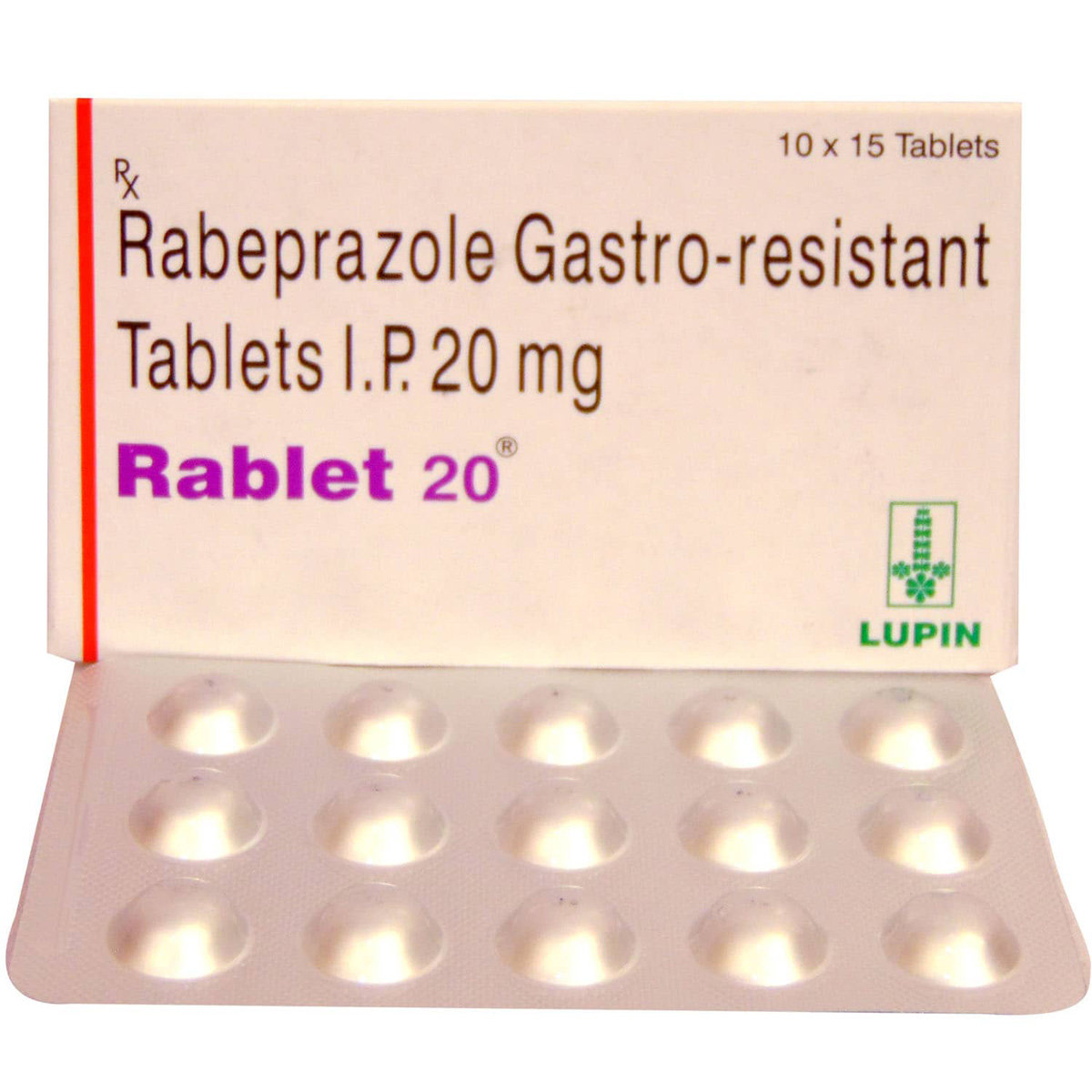
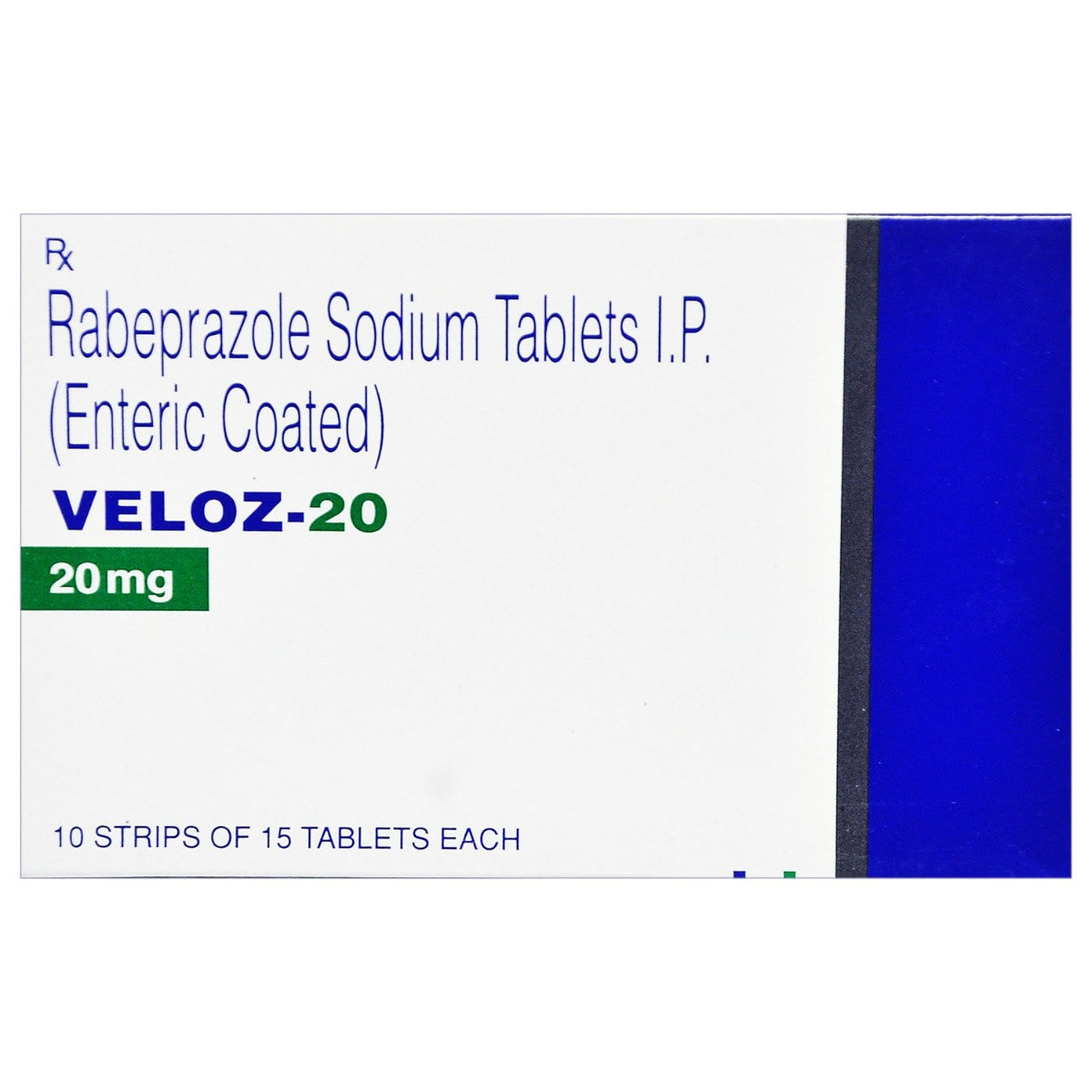
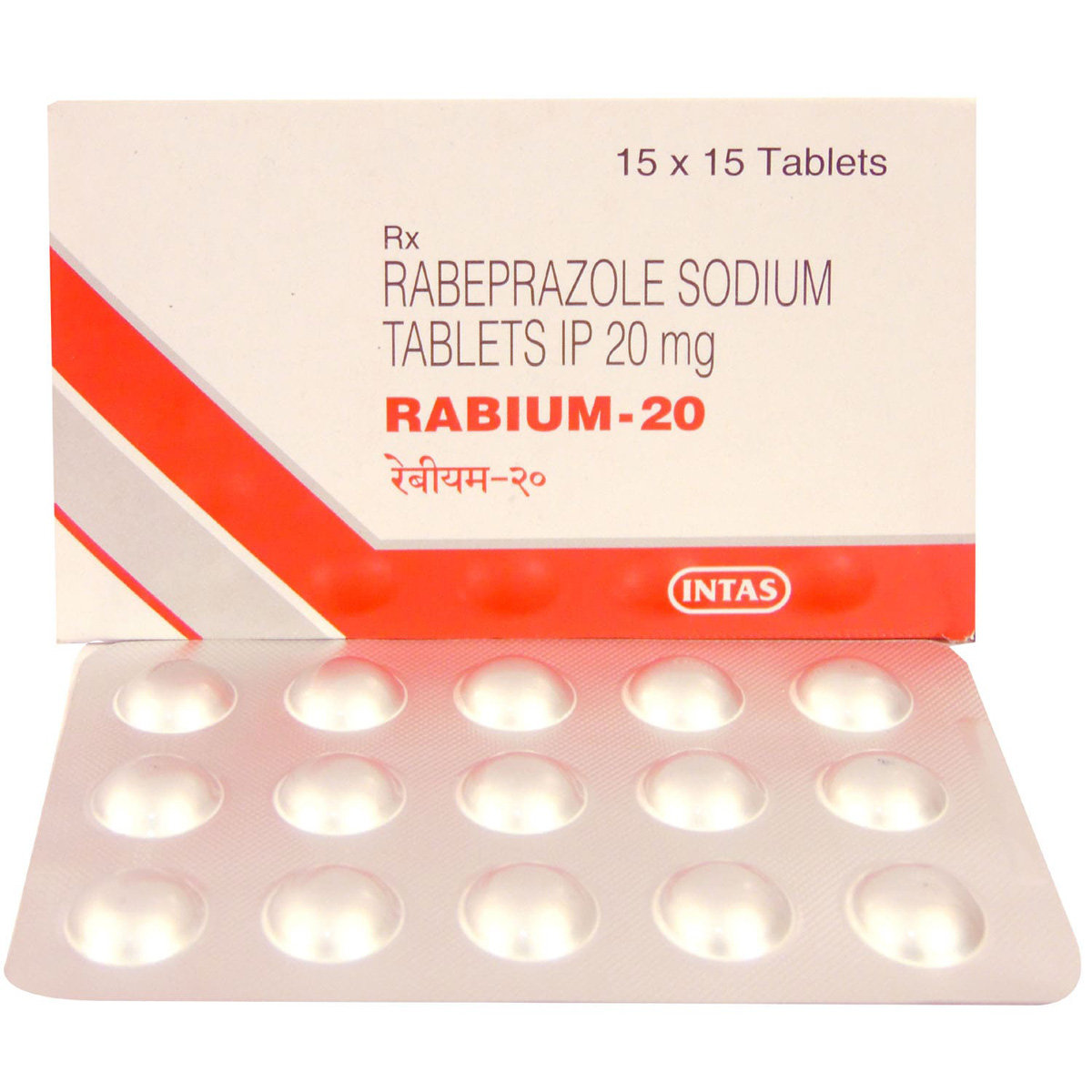

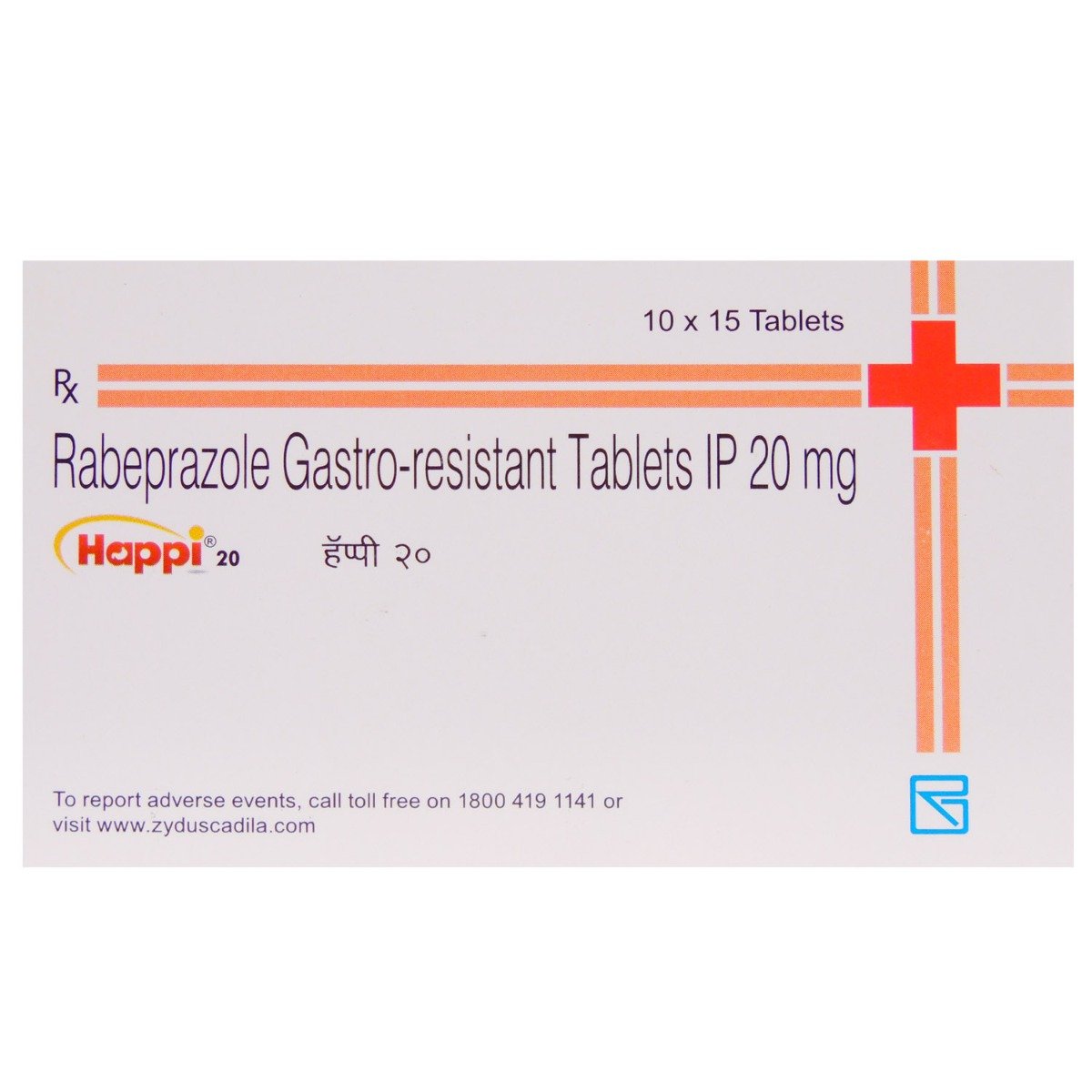

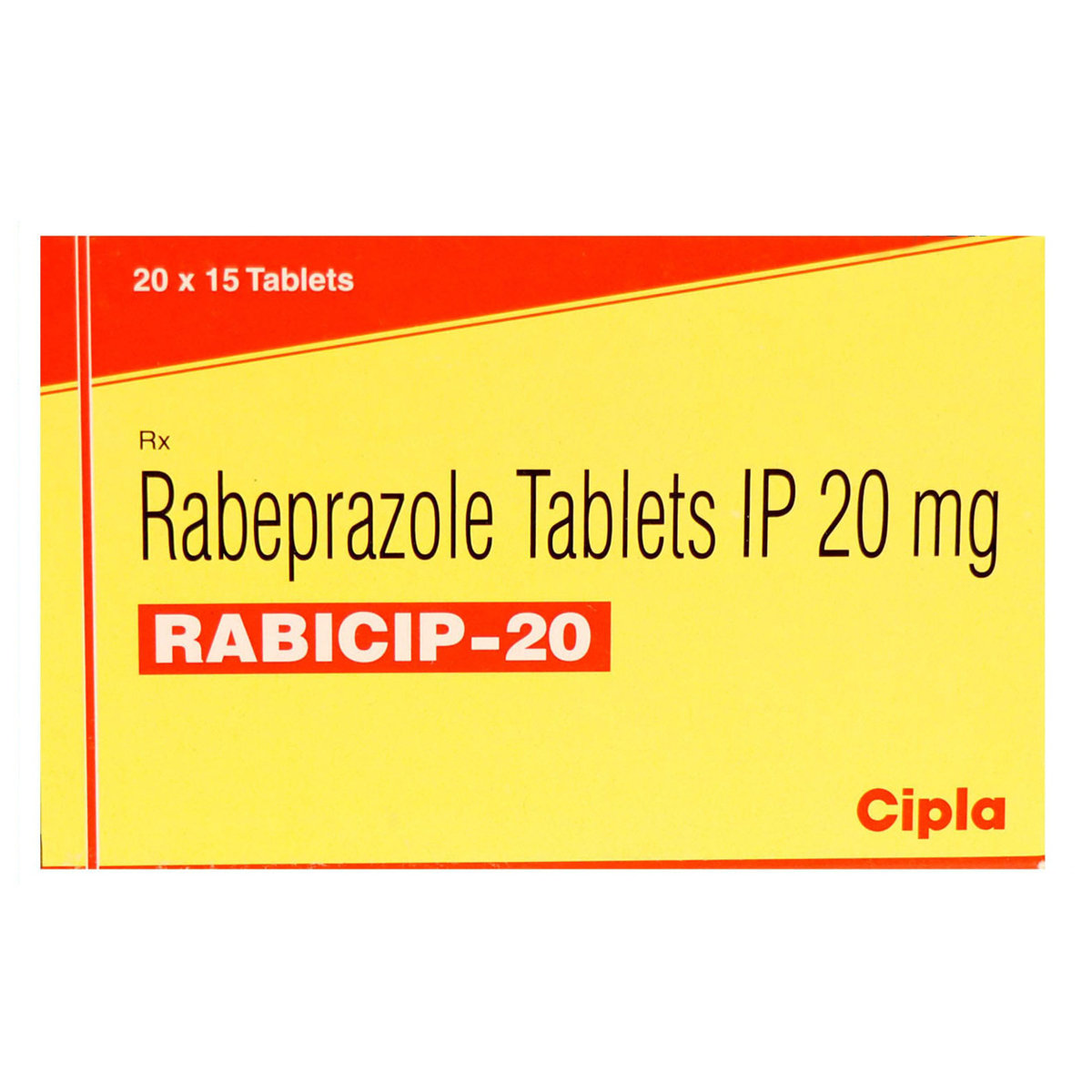
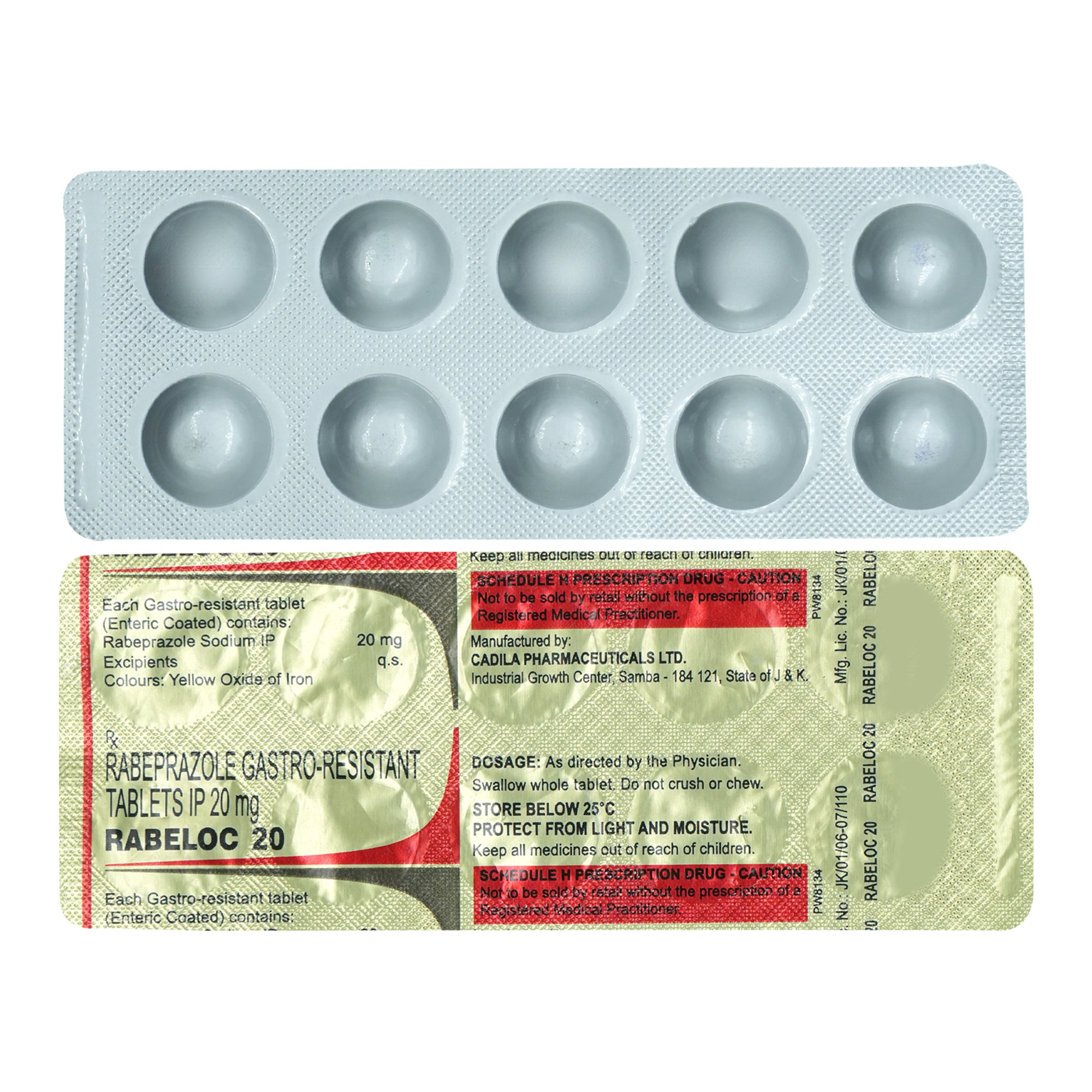
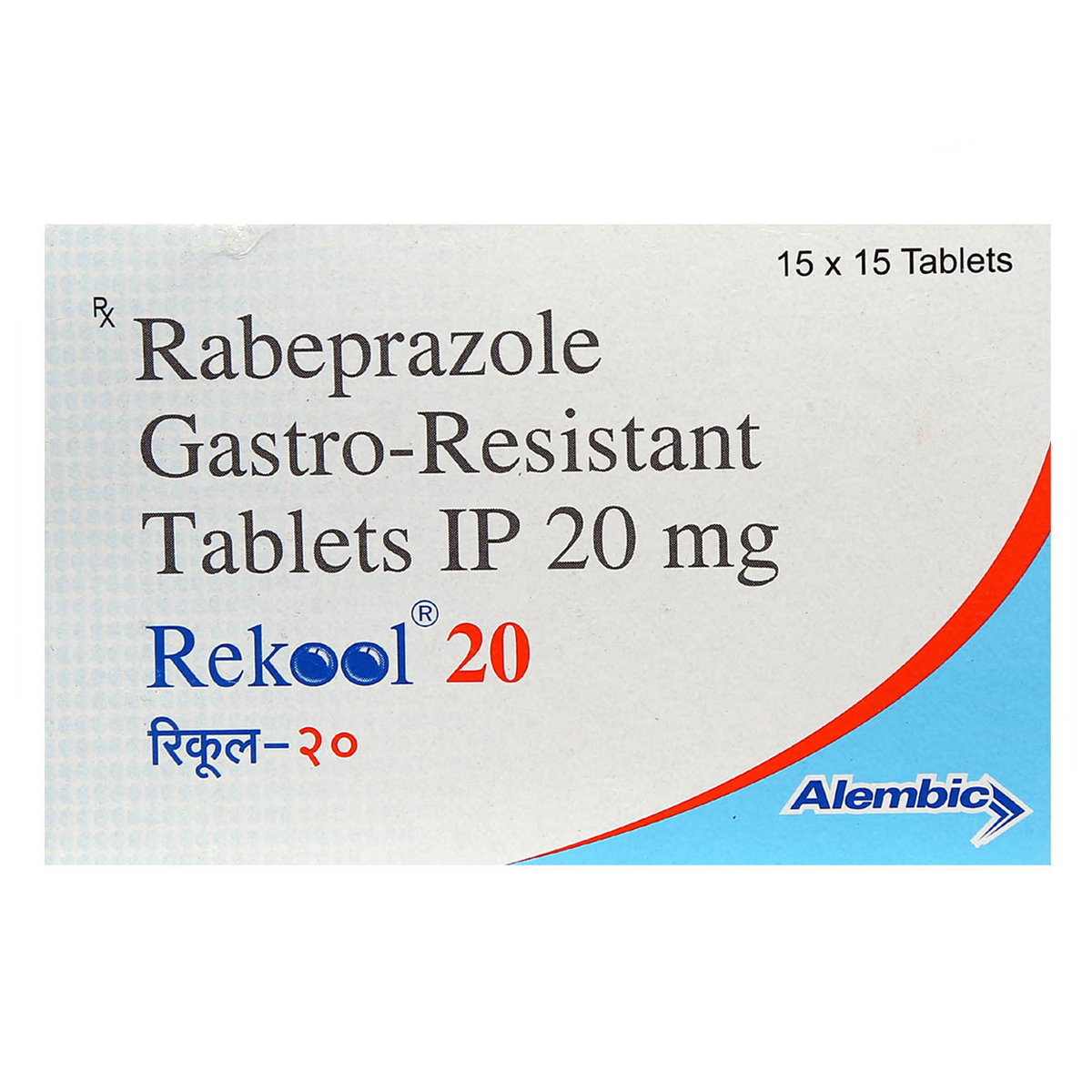
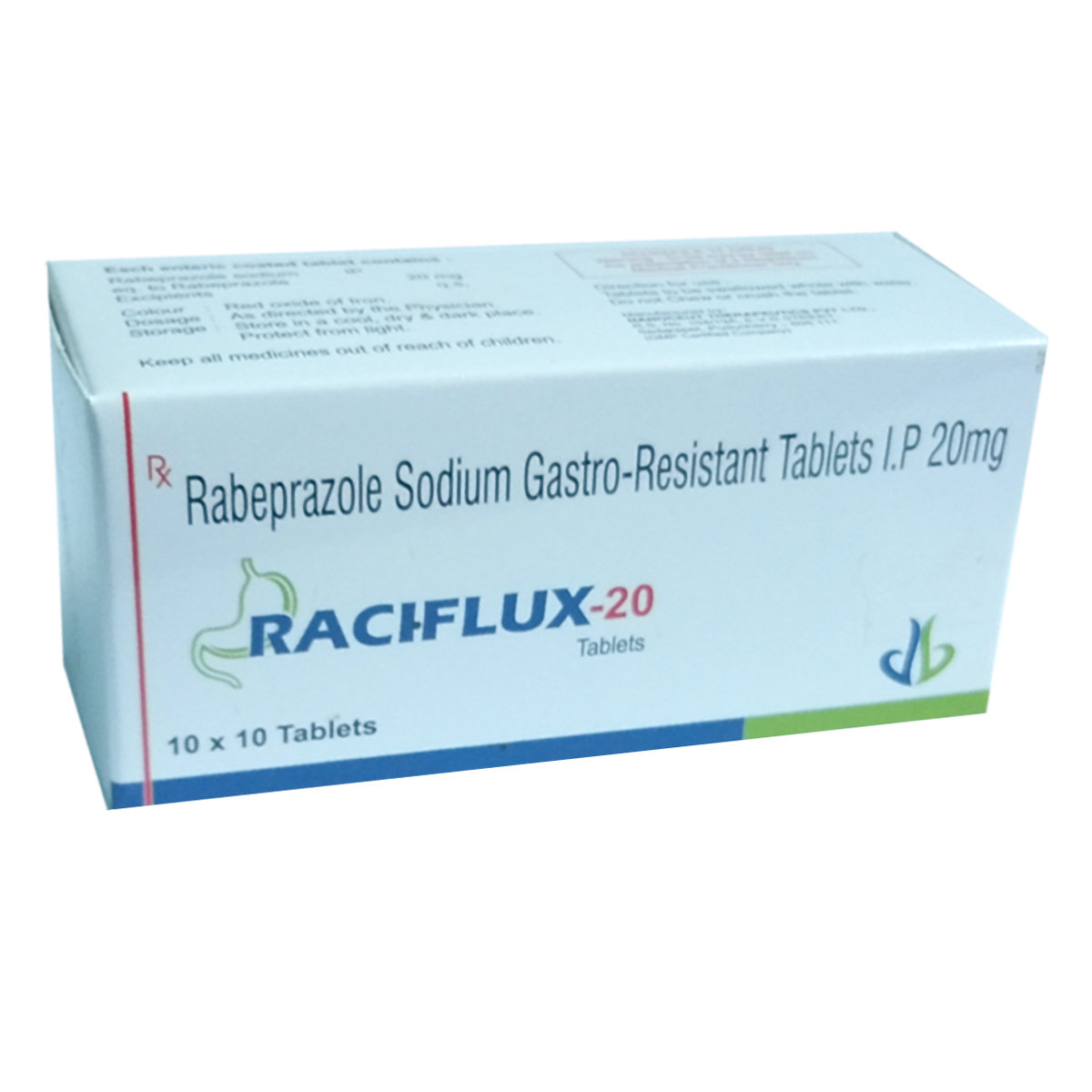
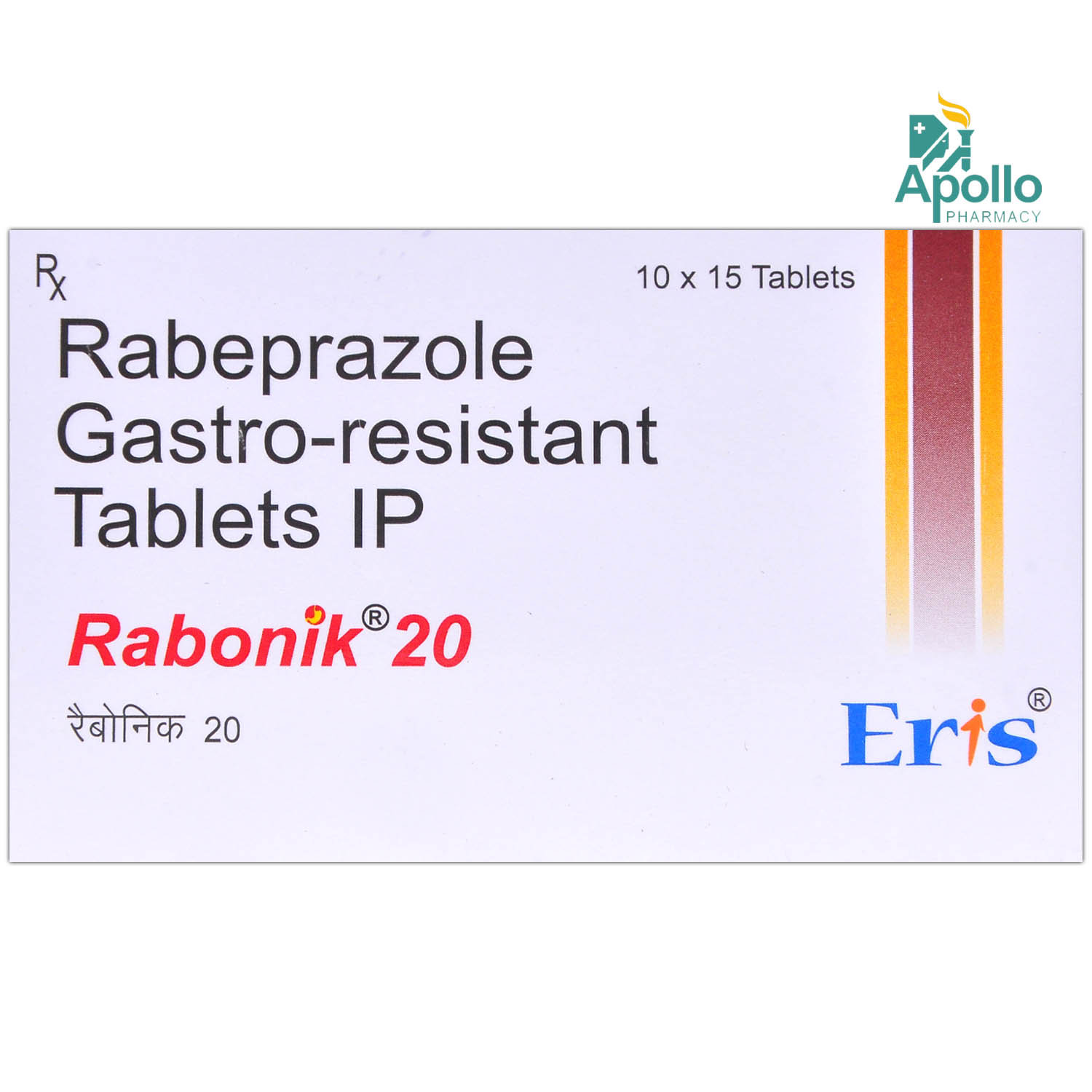
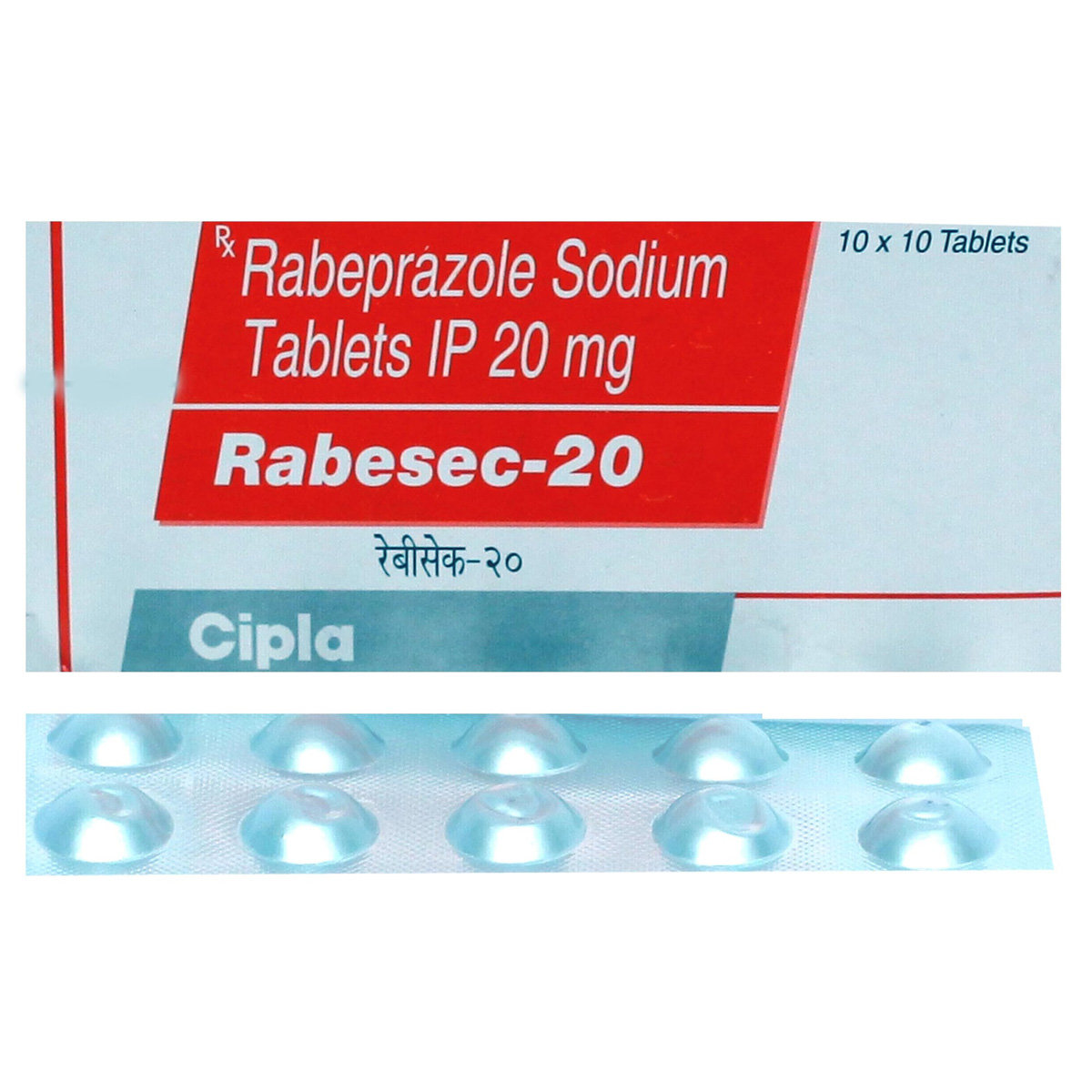
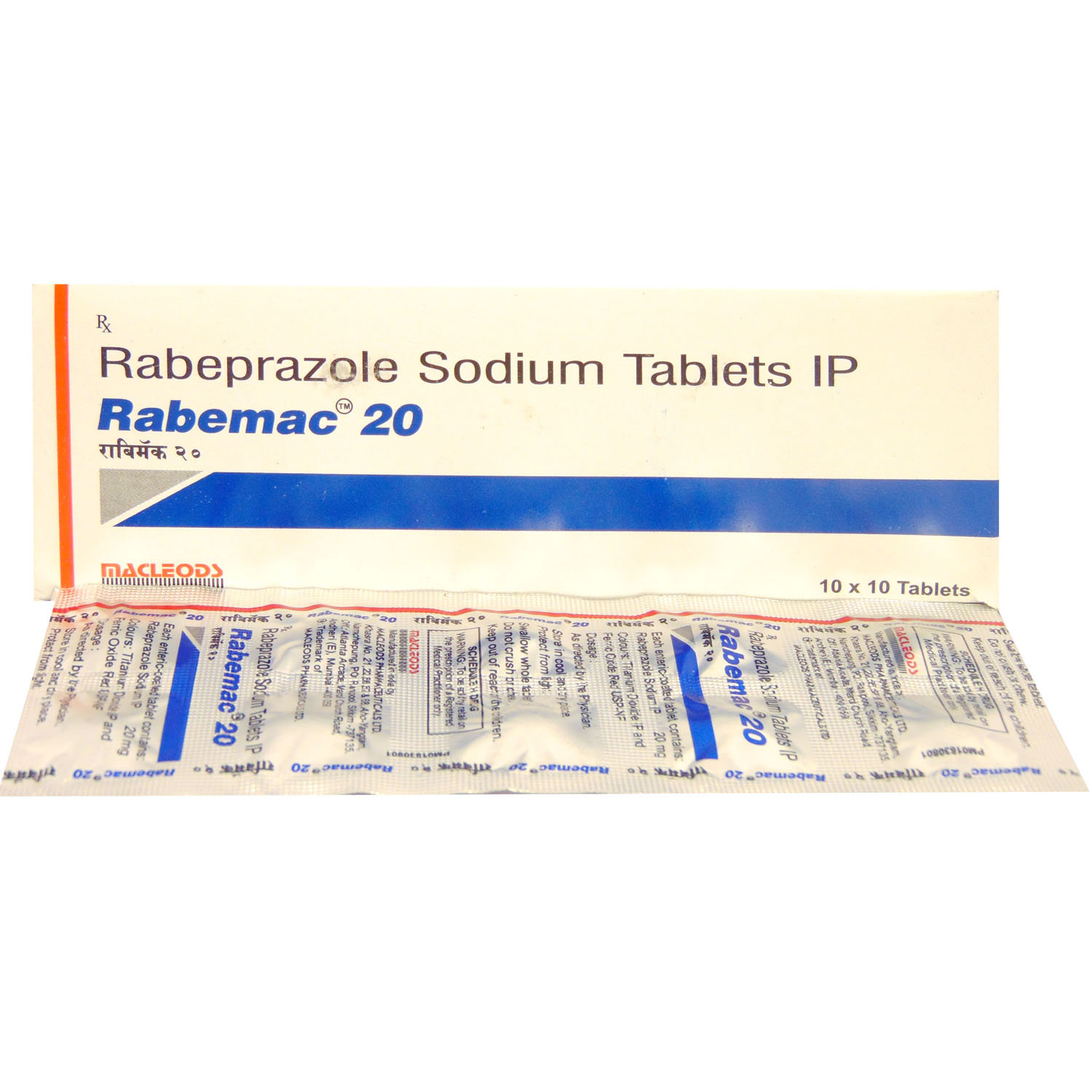

_0.jpg?tr=q-85)

